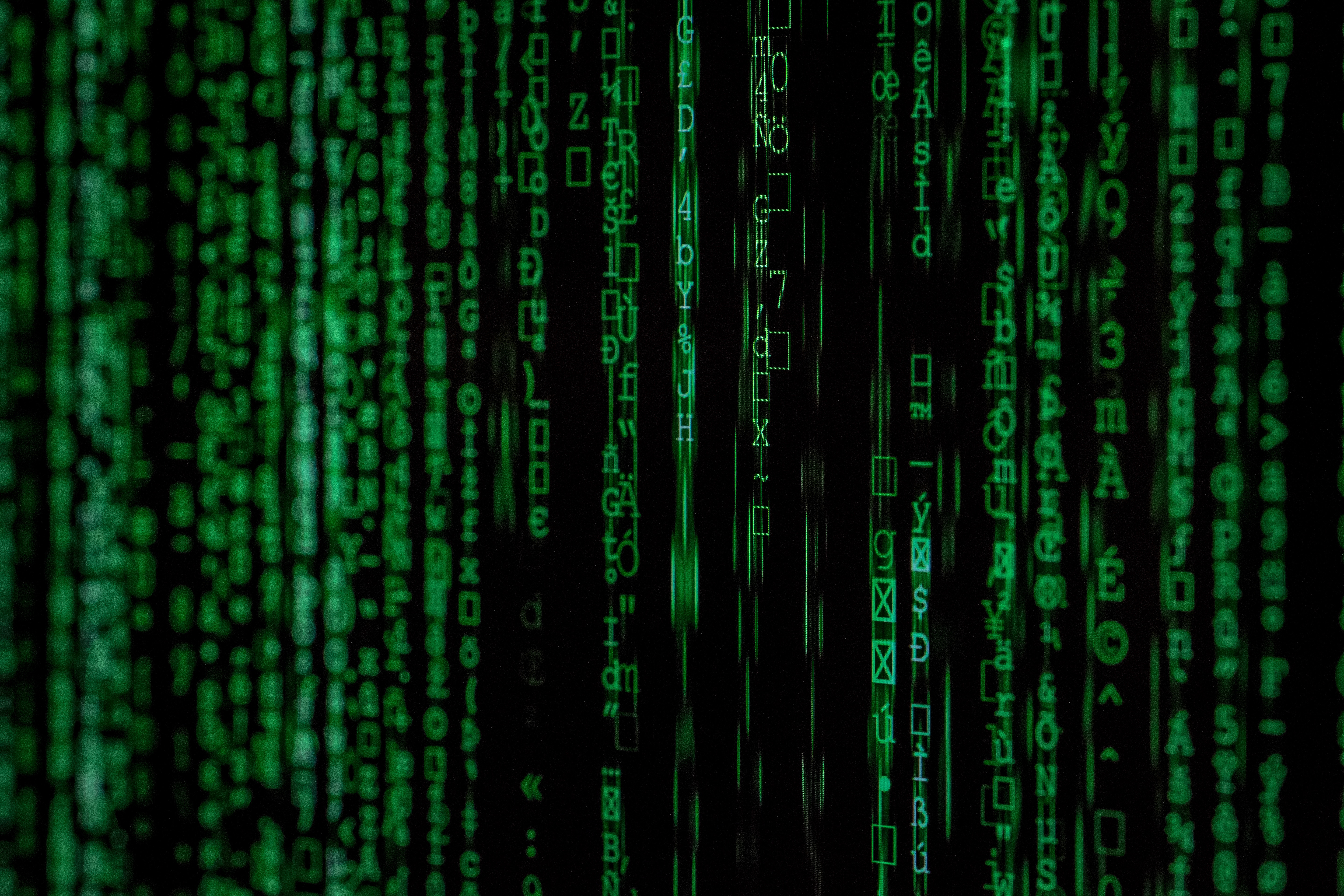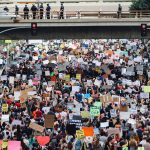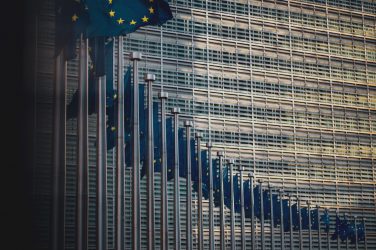With the Cambridge Analytica scandal, Facebook wrapped up in countless privacy scandals, the internet doesn’t seem as exciting as it did at its inception – and it’s scarier. E&M‘s Isabel Flanagan on who the imagined communities that make up the internet are, and their role in figuring out how and who should regulate the internet, if at all.
When the internet first emerged, in the 80s and 90s, people imagined it to be a place of opportunity and excitement. The internet has provided an endless access to education, capacity for mass global communication and openness to freedom of expression. This contributed to a variety of utopian visions of what the internet could be.
However, in recent years these visions have changed. The internet is now a place filled with ‘cyber threats’, ‘bubbles’ and ‘hate speech’. With this shift in thought has come the question – should we regulate the internet? Some say yes – pointing to the need to prevent internet crimes and protect children online – while some say no – most typically using freedom of expression arguments and pointing out the technical difficulties of taming an ever-expansive online world.
Beyond this binary there are range more questions to be asked – who would regulate this online behaviour? What norms and ideas will underpin the premises of acceptable online behaviour? How will legislation affect the interrelationship between social and online groups? None of these questions can be fully answered here but this article reflects on the different forms of digital governance and what rights these communities grant their citizens.
Global internet community
The first internet community is the global one. This community is closest to how we think of the internet now – a global object which has the potential to connect people from every corner of the globe. The opportunity to connect, regardless of geographical limitations, promotes international relationships and a global view of the world. This internet has few limits and sits above any one state’s jurisdiction. While these notions were revolutionary in the 90s and early 00s, we are used to the internet’s many capacities so much so that many of us take it for granted.
In fact, the internet is so fundamental to so many people’s lives that the UN sees internet access as one of our human rights. In 2011 the Special Rapporteur on the promotion and protection of the right to freedom of opinion and expression wrote a report making a direct connect between the human right to freedom of expression and internet access. The report spoke against states censoring internet content and limiting citizens’ freedom of speech.
In fact, the internet is so fundamental to so many people’s lives that the UN sees internet access as one of our human rights
In 2016 the UNHCR confirmed the importance of internet access by passing a non-binding resolution encouraging states to bridge the digital divide and stated: “The same rights people have offline must also be protected online.”
This confirmed the connection between the social and digital world It was thought that strengthening people’s rights online and promoting global internet access would help uphold human rights, not only the freedom of expression, but also freedom of assembly, privacy and a country’s economic development.
The UN continues to speak out against states which intentionally limit internet access from its citizens and endorse developing the internet’s infrastructure across the world.
European internet community
Alongside membership to the global community, all European citizens also belong to the European internet community. Rights in this internet community include online access, privacy, security and a range of online trading contract rights. In recent years the EU has taken steps to consolidate these rights.
For example, the 2018 GDPR regulation challenged global standards of privacy rights as it guaranteed EU citizens more control over how companies use their information. EU citizens now have online right to be forgotten, to access, to rectification, to restrict processing, to be informed, to data portability, to object and new rights in regard to automated decision making and profiling.
However, GDPR is not the EU’s most recent digital rights campaign. In May 2019 the EU passed a new Copyright Directive which may fundamentally change how we think about content on the internet. Under the new directive some online content is treated as publishable work and is therefore subject to tax and licensing fees.
While some may hope that these European rights and standards may affect global debates, a recent ECJ ruling has defined a separation between European internet rights and global internet rights. In January 2019 the ECJ concluded on a case where the French government argued that the right to be forgotten should be applied across all its servers for EU citizens. The court ruled against this and stated that the right to be forgotten should be limited to within the common market as they were worried about the large scope of the task and the implications of applying European standards worldwide. Essentially, European digital rights will not automatically apply across the world.

National internet communities
A rising debate in the world of internet rights is whether the internet should become more like our physical world, defined by national state jurisdictions. ‘Internet sovereignty’ is the idea that states attempt to place limits on the internet to reflect state jurisdictions and laws. It was a term first introduced by China in 2014 and is often associated with the idea of authoritarian states trying to reduce rights of their citizens.
However, more and more, we are seeing new states flirt with the idea of setting internet standards to reflect their own social norms and legal jurisdictions. Two examples, from Europe, are the UK and Germany. In 2017 Germany passed its Network Enforcement Act (NetzDG) which asked social media companies to remove hate speech and violent content within 24 hours. Recently, in April 2019, the UK government released their ‘Online Harms’ white paper which aims to remove harmful or abusive online content. The government outlined that an independent regulator will remove content without infringing freedom of expression rights. Are these two countries also seeking internet sovereignty? The answer is probably not, but there is uncertainty how further digital regulation by states may affect the nature of the internet.
Individual’s internet over a community internet
So far, I’ve concentrated on the governmental actors and groups which promote group internet rights, but there are still those that believe that governments and international institutions should not be regulating the internet. The idea of self-regulation allows people to be in charge of what they see and how they act, without any limitations. Advocates for self-regulation believe that it guarantees people the greatest amount of freedom. People are free to say, act and access whatever they want on the internet. Instead of governments limiting content an individual can perform self-censorship and choose what moral, religious, educational, business (ect.) content they access.

However, opponents believe self-regulation also has the greatest risk as people could ‘stumble upon’ or be ‘hoodwinked’ into a range of questionable content. Fake news, extremist material and pedophilia are common examples of materials which people argue should move away from self-regulations and towards developing laws and regulations. Children’s protection groups are especially concerned about how this wide range of content may affect children’s development. Self-regulation is often seen as not enough to battle the range of abuse and harms which the internet holds in our modern world.
What next?
The moment of a single utopian internet has passed and instead we are seeing the formation of several internets – global, regional and national. The internet is at a critical moment where new regulatory barriers are being created and new digital rights formed. What will the next stage be? No one really knows but people can start asking themselves – what online rights do I have? Who guarantees these rights? And what type of rights do I want to see in the future? In this moment of change, where our social rules are being applied to the online world, now is the time to pay attention and to have your voice heard on what type of internet you want in the future.
Cover Photo: Markus Spiske (Unsplash), C00








